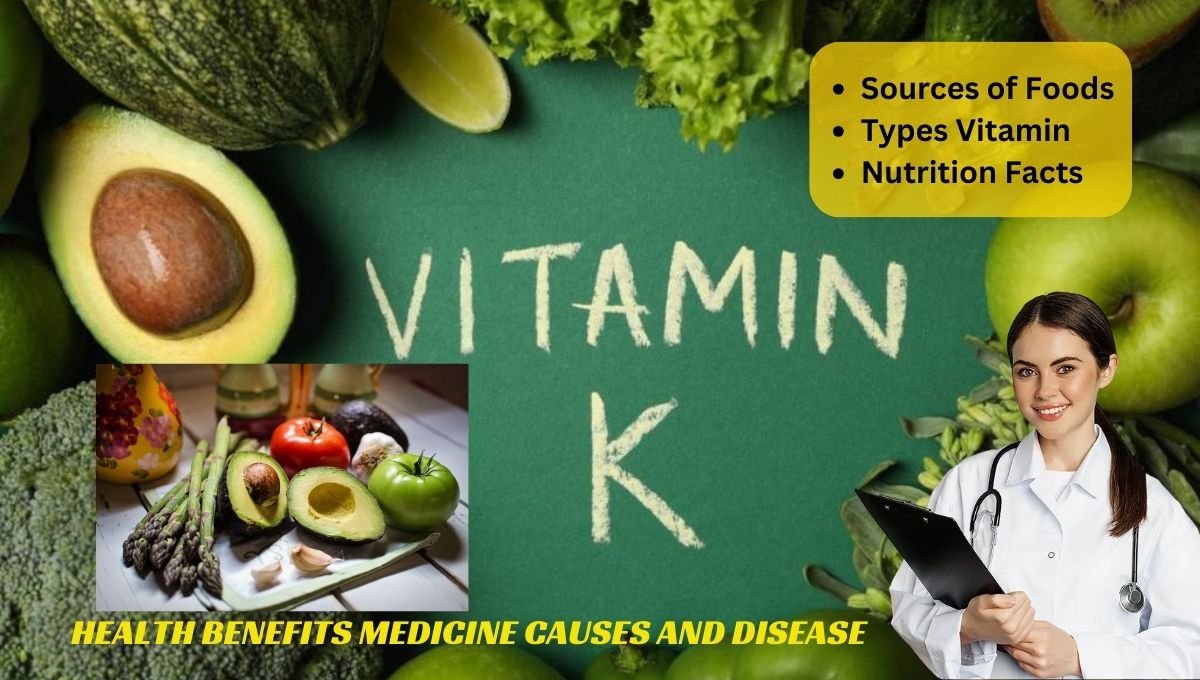Vitamin K is a fat-soluble vitamin that plays a crucial role in blood clotting and bone health. It exists in two main forms: vitamin K1 (phylloquinone) and vitamin K2 (menaquinone). Vitamin K1 is primarily found in plants, while vitamin K2 is synthesized by bacteria in the gut and also found in animal-based foods.
Types of Vitamin K:
- Vitamin K1 (Phylloquinone): Found in leafy green vegetables like spinach, kale, and broccoli.
- Vitamin K2 (Menaquinone): Found in fermented foods like natto (fermented soybeans), cheese, and animal liver.
Nutrition Facts and Health Benefits:
- Blood Clotting: Essential for the synthesis of clotting factors, which are necessary for blood coagulation and wound healing.
- Bone Health: Helps maintain bone density and reduces the risk of fractures by supporting bone mineralization.
- Heart Health: Emerging research suggests that vitamin K may contribute to cardiovascular health by preventing calcification of arteries.
- Brain Function: Some studies indicate that vitamin K may play a role in cognitive function and brain health.
Sources of Vitamin K:
- Leafy Green Vegetables: Spinach, kale, collard greens, Swiss chard.
- Cruciferous Vegetables: Broccoli, Brussels sprouts, cabbage.
- Fermented Foods: Natto, sauerkraut, certain cheeses.
- Animal-Based Foods: Liver, egg yolks, meat (contains vitamin K2).
Medicine Causes and Diseases:
- Deficiency Diseases: Vitamin K deficiency can lead to excessive bleeding and bruising, as well as impaired bone health.
- Medications: Certain medications like blood thinners (e.g., warfarin) can interfere with vitamin K function, requiring careful monitoring of vitamin K intake.
Caution for Vitamin K:
- Blood Thinners: If you are taking blood-thinning medications, consult with your healthcare provider before making significant changes to your vitamin K intake.
- Supplements: While vitamin K deficiency is rare, excessive supplementation may interfere with certain medications or medical conditions.
- Balanced Diet: Aim to obtain vitamin K from a varied diet rich in leafy greens and other vitamin K sources rather than relying solely on supplements.
Post Views: 31
